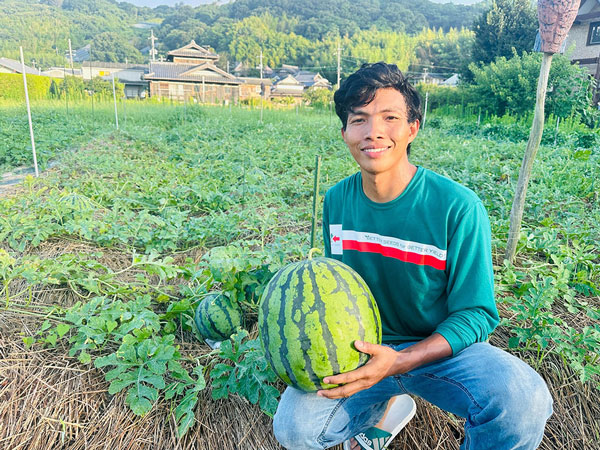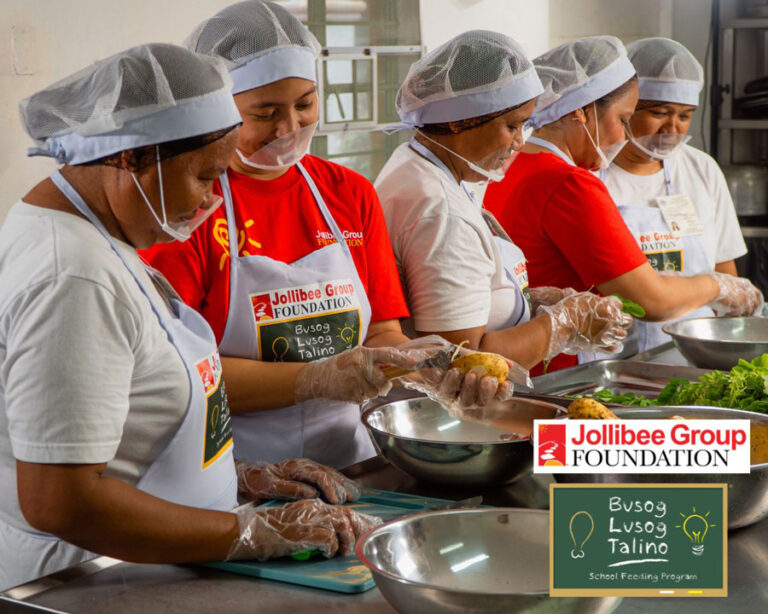DELHI I Love You is a 30-month-long festival to let people show their love for the Indian capital, but can it make people love the country’s most reviled city, asks the BBC’s Geeta Pandey
The Indian capital is a city of extreme contradictions – if the summer heat doesn’t burn you alive, the winter chill can freeze your soul.
The city of 25 million people, with more trees per square kilometre than any other in India, also has the dubious distinction of being the world’s most polluted. The World Health Organisation says the air here is so toxic that it kills more than 30,000 people annually.
Delhi has sprawling wide roads, but the traffic is a nightmare. Streets are choked at peak hours, and boorish drivers who have little regard for road rules or laws only add to the misery.
But this overcrowded city with limited resources still remains a magnet, that every day draws thousands from across India, in search of new dreams.
Steeped in tradition and history, Delhi has inspired poets, artists and writers over the centuries.
But in recent years, it has been in the news for all sorts of wrong reasons.
After a series of high-profile crimes against women, it has been dubbed the rape capital of India.
The city’s infrastructure has been criticised for being massively inadequate – there are long spells of power cuts and water shortages.
And despite Prime Minister Narendra Modi’s call to clean up India, in many Delhi neighbourhoods the walls and sidewalks are stained with spit, the air is filled with the stench of urine, and litter and dog poop line streets and walkways in community parks.
The organisers of Delhi I Love You – or simply called DILY, the way the city’s name is pronounced in Hindi – say it is this negative image that they want to change.
The brainchild of Frenchmen Thomas Ellis and Alexis de Ducla, who have made Delhi their adopted home, along with some of their Indian friends, the DILY festival aims to “celebrate the city and its people”.
And they are not trying to gloss over the problems.
“Delhi has unfortunately built a bad image in the last few years, from the rising crime towards women to it being the most polluted city in the world. We are conscious of these issues, but the picture is not all that gloomy,” says Mr de Ducla.
“When you have so many millions living together, there are bound to be problems. But then you see Delhi’ites taking to the streets to protest against these things.”
“We don’t say we can change the bad traffic or build new infrastructure. All we are saying is look at what’s good in this city,” he adds.
And good is what Mr Ellis says he encounters at every turn in the city.
“I’ve been living in Delhi for the past eight years. Here, you encounter humanity on every corner. This is one place where you can meet people from different social classes on the same day.”
Over the past 18 months, the festival organisers say they have met more than 600 residents of Delhi, including students, activists, artists, poets, historians and government ministers and officials to solicit support, and over a period of 30 months, 120 events will be held as part of the celebrations.
At the end of it, 12 short films will be stitched together into a feature to be part of the Cities of Love series that has already featured Paris, New York and Rio.
The celebrations kicked off in early September with #MyDilliStory – an online Twitter competition inviting people to share their stories, poems and anecdotes about the city.
They received more than 8,000 entries in Hindi, Urdu, Punjabi and English and 40 of the best tweets are being painted on walls and flyovers across the city.
The author of the winning tweet in English, college student Chhaya Dabbas says even though there is plenty in the city that she loathes, there’s plenty more that she loves.
“It’s a constant fight between tradition and modernity here. The city is definitely unsafe for women, I’ve been harassed and teased many times.
“But I equate the city with dreams and aspirations. It provides a home for everyone. I was born and raised here, but it’s equally kind or cruel to those who come from outside to live here,” she says. (BBC News)
Link: http://www.bbc.com/news/world-asia-india-34398918



